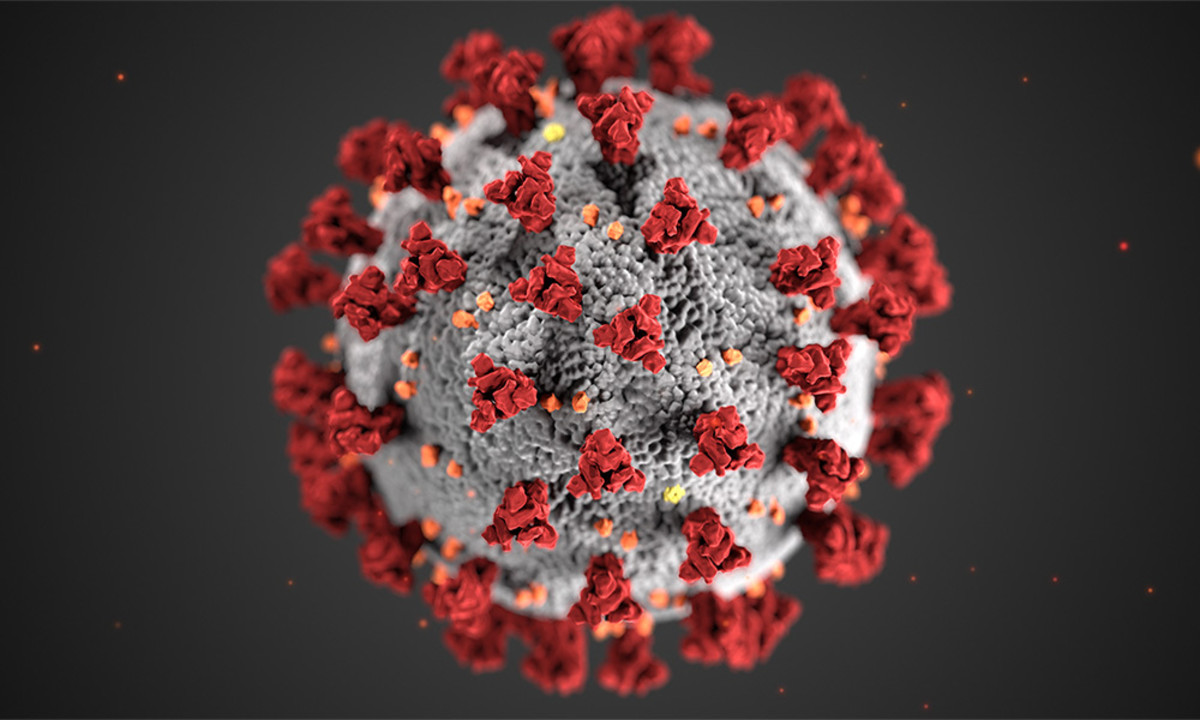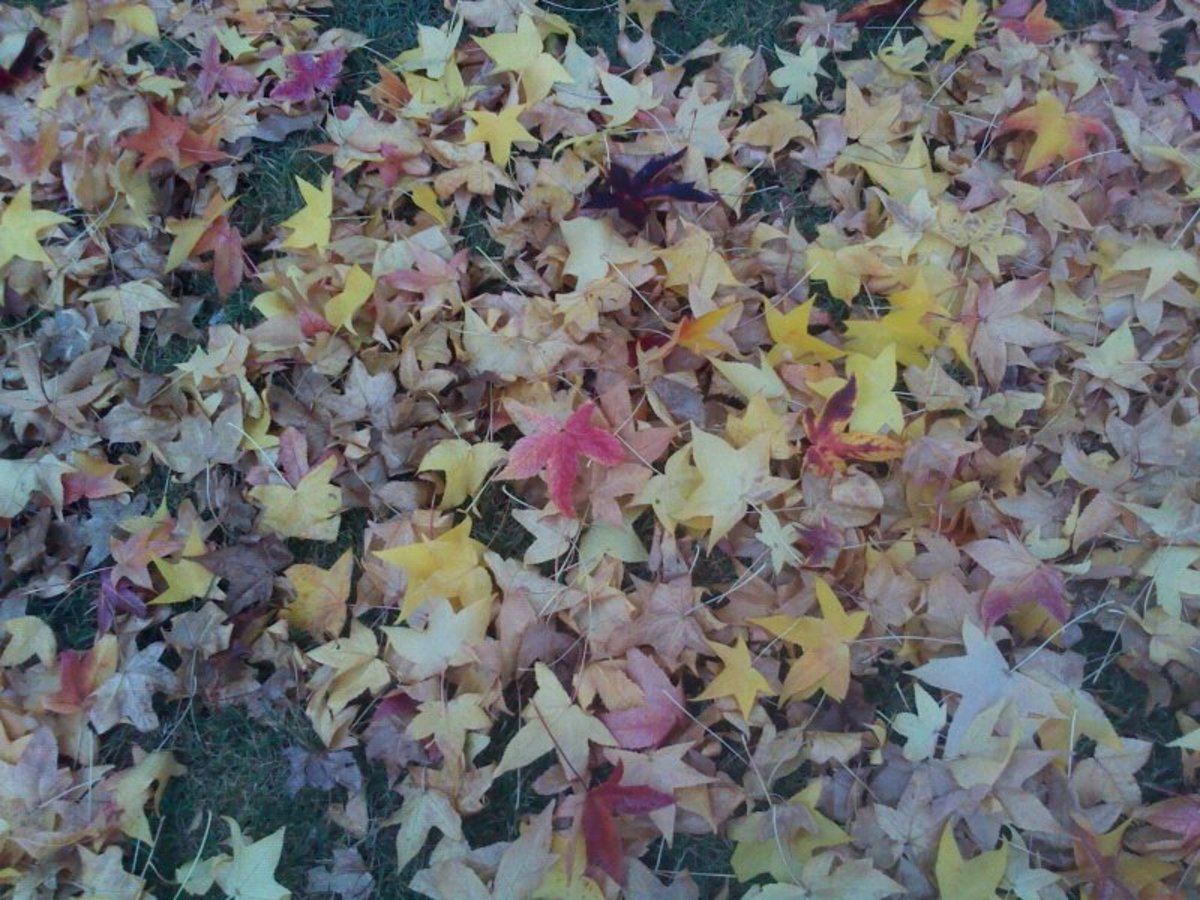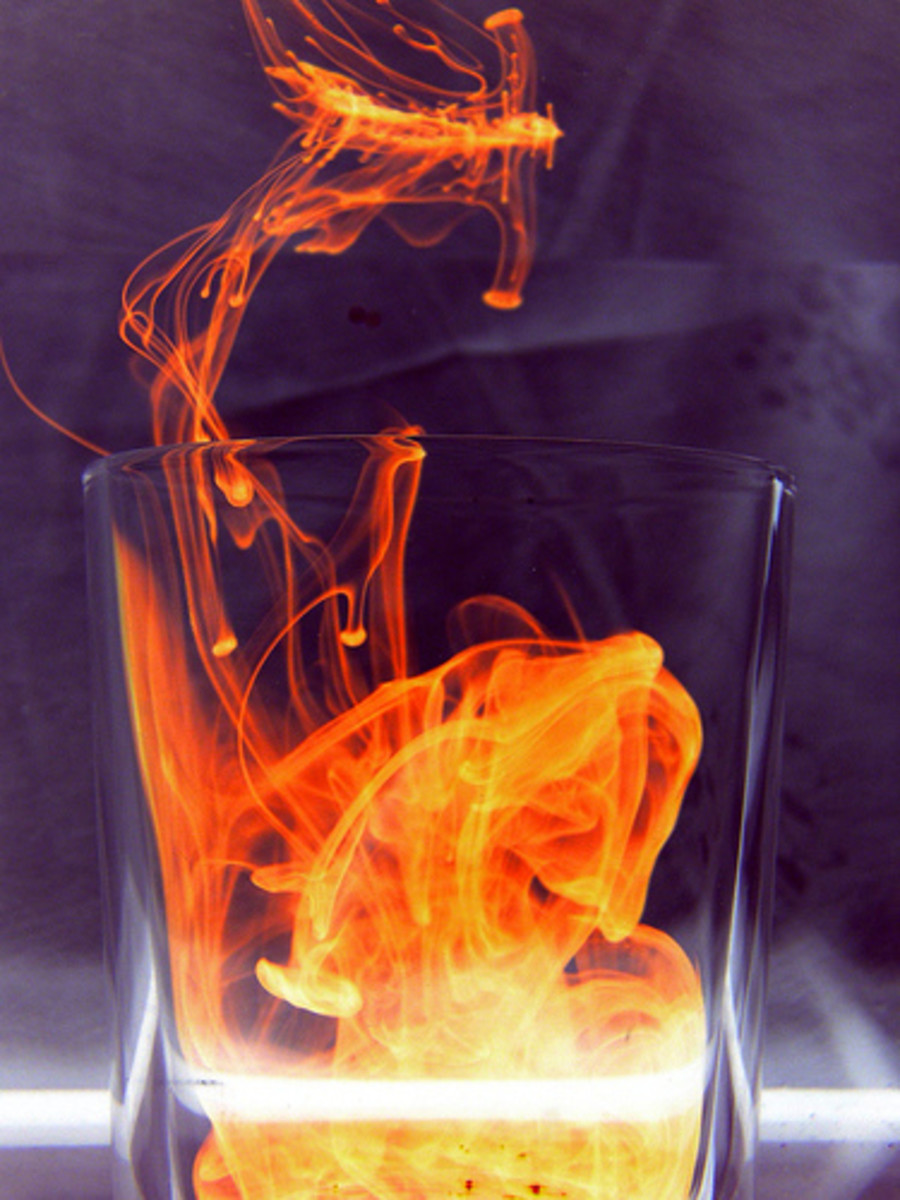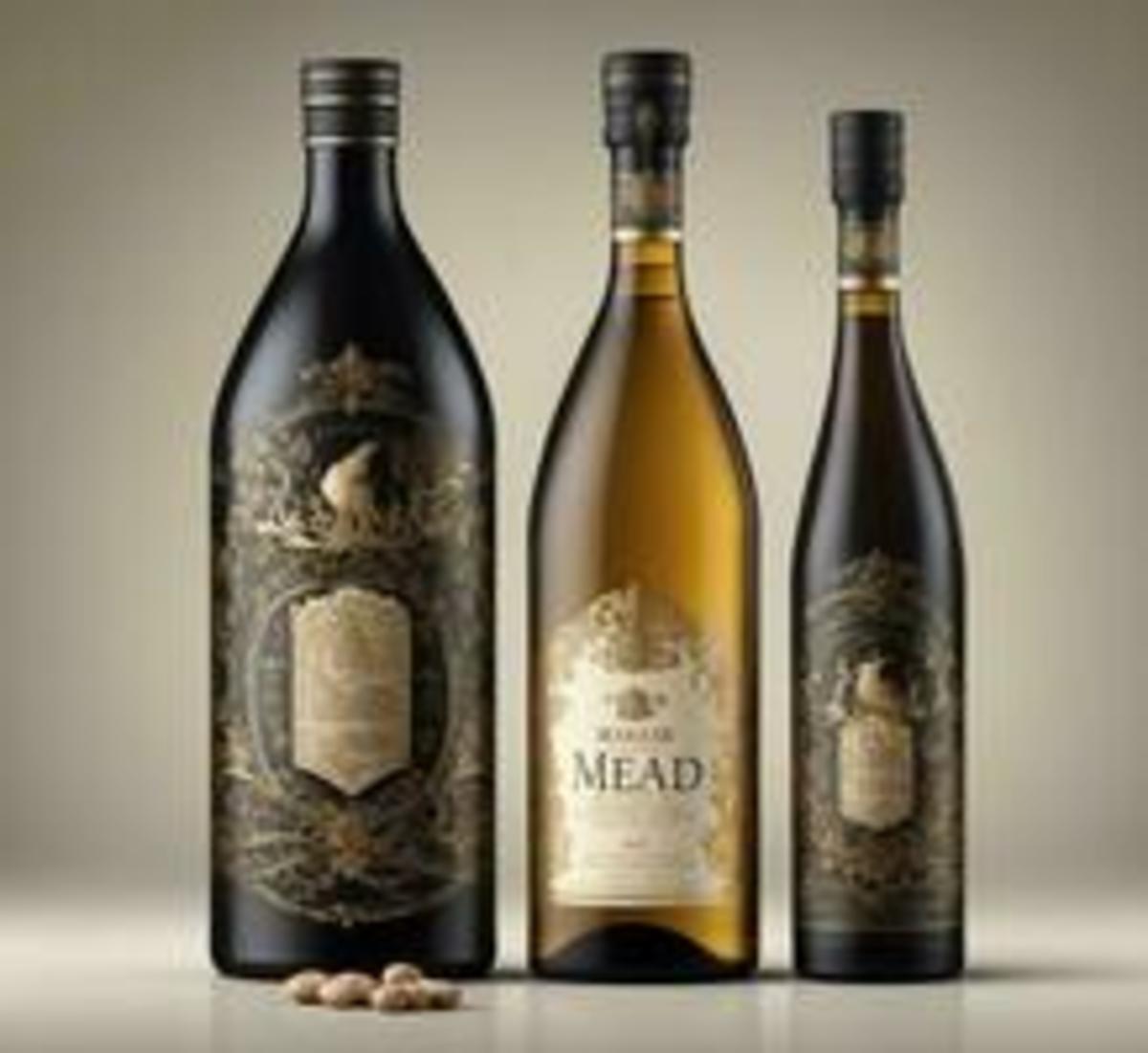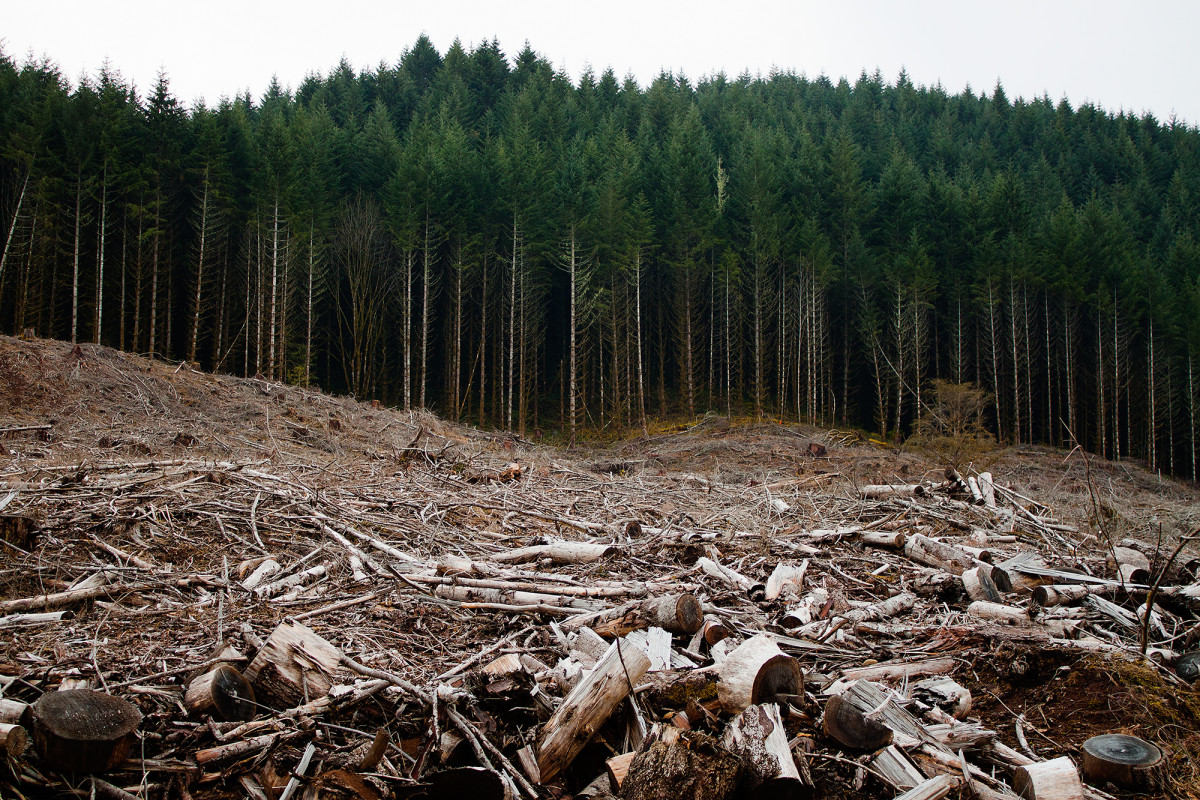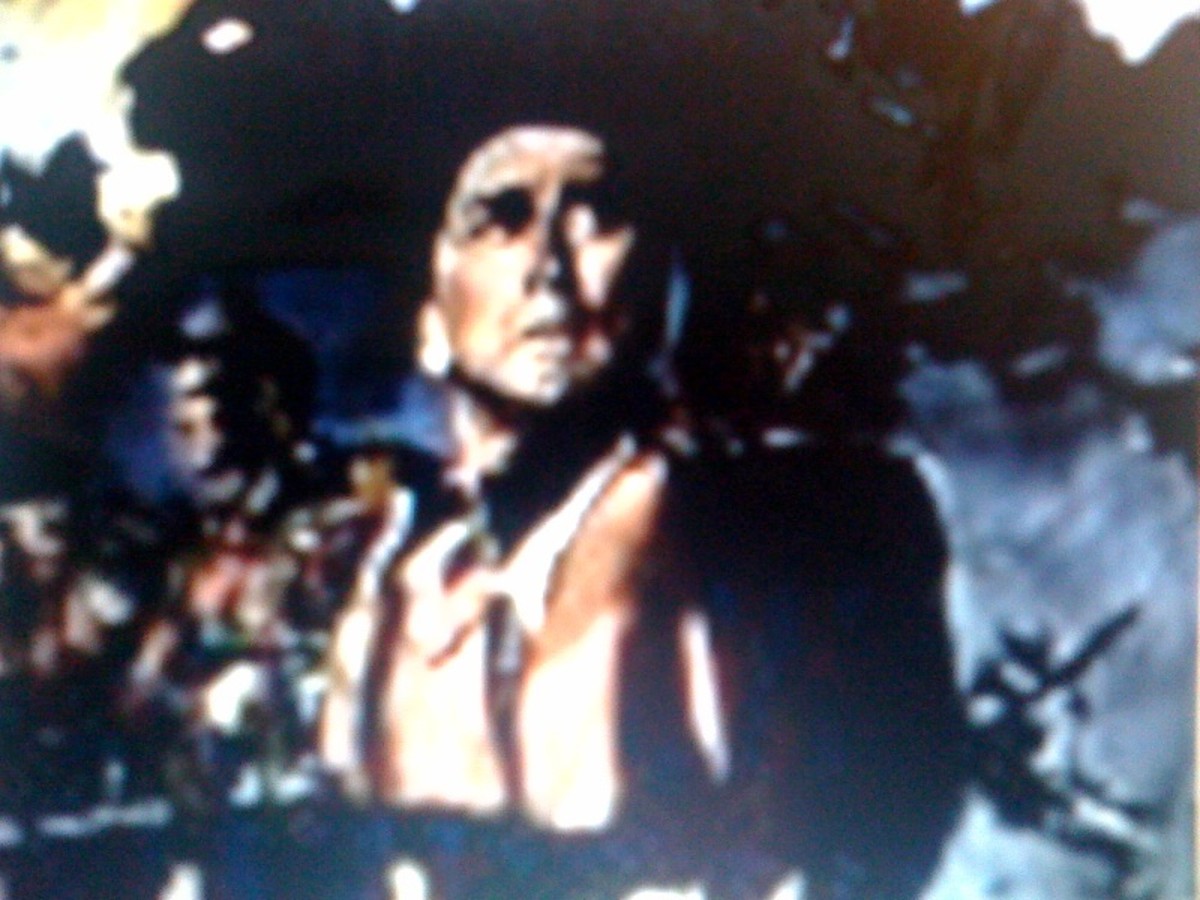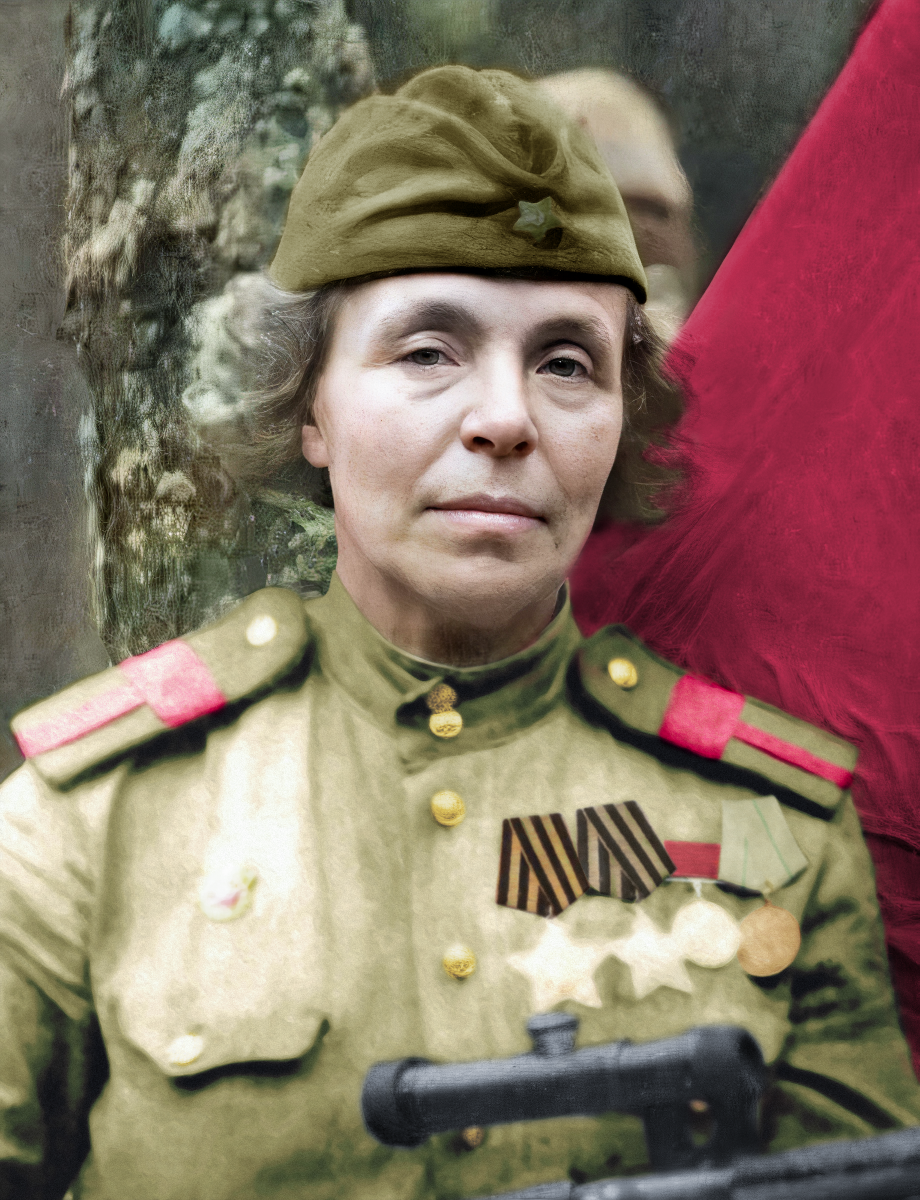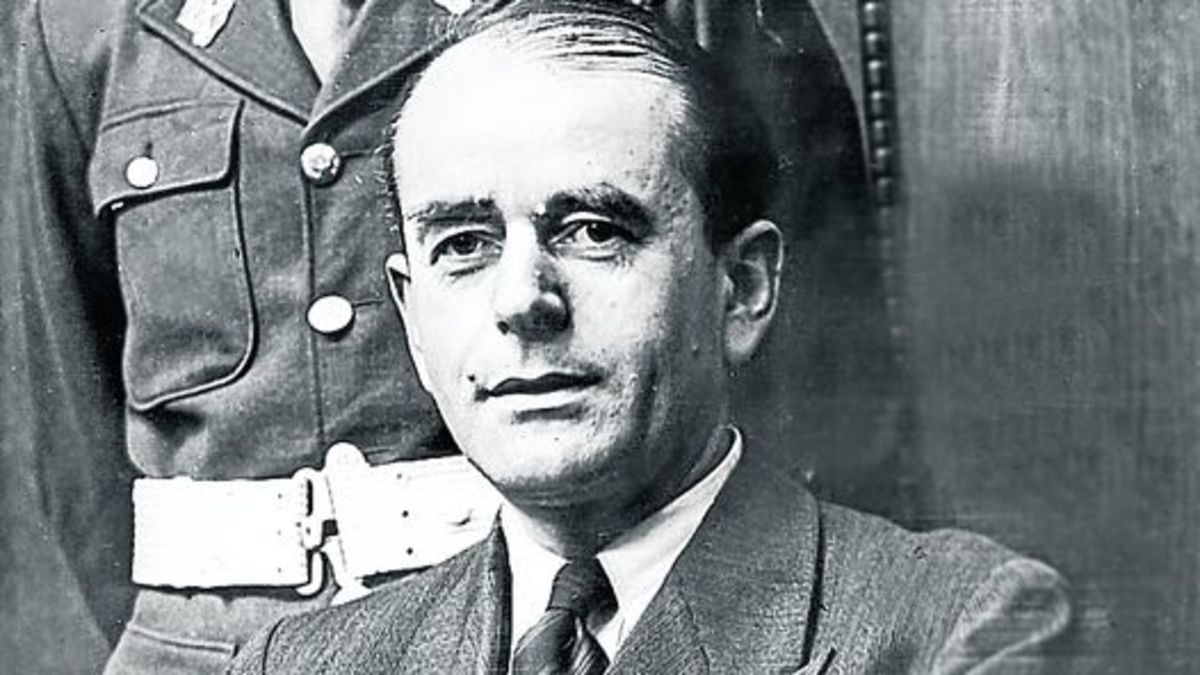- HubPages»
- Education and Science»
- History & Archaeology»
- History of the Modern Era»
- Twentieth Century History
Alcohol Prohibition in the USA
Alcohol is still illegal
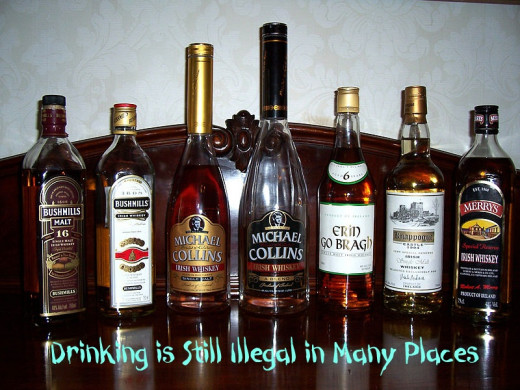
Illegal Alcohol
It may seem hard to believe that in the year 2016, there are still places in this country that alcohol prohibition is still on the books in some states. Not only the sale, but drinking it in public.
Kentucky had 42 counties out of 120, that outlawed alcohol sales and consumption in 2007; that number is changing. Read my updates below.
Growing up in the New York, I was accustomed to seeing liquor stores and people drinking. It was part of celebrations and holidays and no one thought twice about it. Of course some people have a problem with it and some don't. It's up to the individual and the state's laws whether they drink or not.
Not until I moved to the Southern part of Kentucky, did I encounter a ban on alcohol. No bars, liquor stores or restaurants that served it. What a culture shock that was!
As more outsiders move here,there is more demand for the laws to change. It is starting to ease up a little over the past 10 years, but change is slow. See my updates on the bottom of this article.
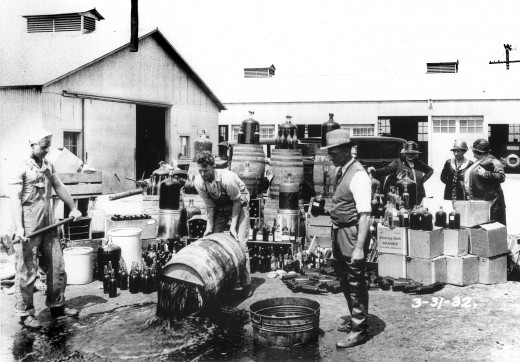
Reasons of alcohol prohibition
The causes or reasons for alcohol prohibition came from many religious groups and women's perseverance groups that claimed husbands were drinking the wages away and not providing for the family. Alcohol was the "devils brew" so they marched and protested to their state legislatures to stop the sales.
The Noble Experiment was first proposed in 1917 from great pressure from the temperance movement. According to Wikipedia,"Prohibition of alcohol , often referred to simply as prohibition , is a sumptuary law which restricts or prohibits the manufacture, transportation, import, export, and sale of alcohol and alcoholic beverages ." In other words, no one is allowed to make it, sell it or drink it.
The Volstead Act passed in 1919 after the creation of the 18th amendment to the Constitution. This established the legal definition of intoxicating liquor. Even though there was a law banning alcohol sale and consumption from 1920 to 1933, everyone knew where to get it. The reality is that many people went around the law back then as they do today. During this time, New York City was said to have nearly 100,000 speak easy clubs.
Ken Burns Prohibition
Great Depression spurs illegal alcohol sales
The Great Depression created enormous hardships so people had to find ways to make money and many turned to making illegal moonshine. In the hills of some southern states, many a moonshiner lived a dangerous life of cat and mouse with the law. They hid their operation in the thick woods and made their runs by the moonlight.
Many moonshiners worked for the gangsters. Crime in Chicago and Detroit lead to many gangs and famous gangsters such as Al Capone, working to control the making and selling of it.
"Speakeasies" or secret bars and clubs were rampant and so anyone entering these premises had to know someone and "speak easy" or stay quiet about it. People wanted their drink so they worked around the law.
Crime was becoming so rampant with many shootings and gang wars. Alcohol production was the only way to earn a living for many, at the time.
Since crime had taken over the the business, the law needed to change.
By 1933, Franklin Roosevelt signed into law, the 21st Amendment repealing the 18th. The Federal Government repealed Prohibition but left it up to the states to decide for themselves.
It should be noted that vineyards and wine making grew tremendously during the depression . Ordinary citizens and farmers grew grapes and made fermented grape juice with a "kick."
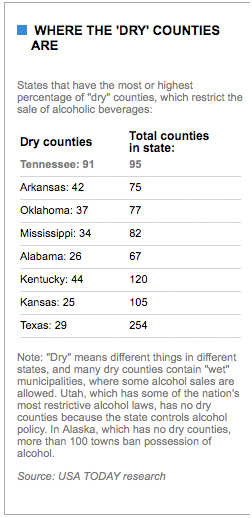
The times are achangin'
The problem of repealing a law is that many states and localities did not go back to being "wet." Many remained "dry" and prohibited the sale of alcohol, even today.
As a matter of fact, there are 7 states that still have prohibition of alcohol on their books.
They are as follows on the chart from USA Today.>>
*As of June 2012, this listing has become outdated and now have fewer locales prohibiting the sales of alcohol!
That also means no drinking of alcohol in public.
Where I live, in Lake Cumberland, Kentucky region, people can buy a drink in the town of Burnside, but not purchase alcohol in a store. So it's referred to as "moist." People can drink alcohol with a meal.Many don't think this makes sense since it encourages drinking and driving.
Down the same highway 27, in Pulaski County, Somerset had prohibited all alcohol by the drink and package stores. As of June 26, 2012, Somerset citizens voted to now allow liquor sales by the bottle and drink. There are now 5 or more liquor stores operating in Somerset and more are being added . The city of Somerset has enjoyed the extra revenue from sales of alcohol.
The neighboring county of Russell had an election to go moist last November. The majority voted for moist, but a judge threw out the election results, citing a technicality error. Needless to say, people were not happy and will push for another election.
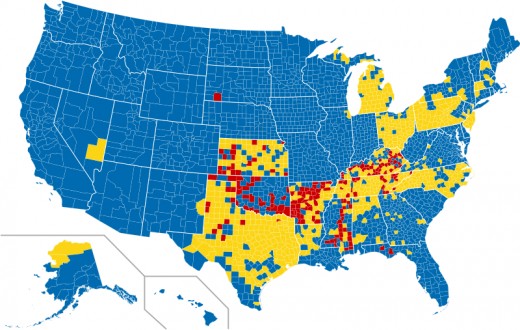
Alcoholic Control States
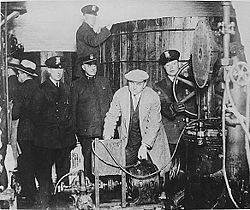
Economic realities of prohibition
Economics seems to be spurring the recent push for alcohol sales, and the fact that more transplants are moving in. Northern retirees and families are relocating south and running into a culture clash of values and customs. I was raised in New York and never heard of alcohol restrictions until I moved to Kentucky. That doesn't mean people don't drink. Where there's a will, there's a way and people who want to drink, will find it.
Many visitors bring their own alcohol with them, and drink it on their boats, or campers. There are even more residents that will drive to the next county or so, about 1 to 1.6 hours way to purchase liquor. Still others, I've heard, make a secret living as a bootlegger, selling to locals and tourists alike.
It doesn't make sense to the residents who are in favor of liquor sales. The lost revenue is tremendous and would help the county they live in instead of other counties. Those counties and precincts that have voted for sales of the drink or package store have prospered for the most part. This puts money in other counties pockets.
People in these states are starting to demand the sale of alcohol. Most municipalities will allow drinking by the glass in a restaurant first.
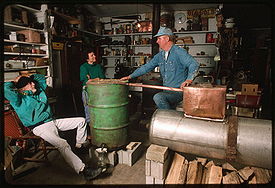
Possible Reasons for Prohibition Today
The reasons that most of these states and counties still prohibit alcohol sales and consumption is usually due to moral and religious leaders that feel it would be more a detriment than an asset. Religious leaders put pressure on local politicians to discourage wet-dry elections.
The effects of alcohol over consumption are known to most adults so they should be free to choose and make decisions for themselves. Religious leaders cite the evils of alcohol and how people would be driving around drunk and killing others. Other reasons given are the ill effects on health and what alcoholism does to the family. Many people are not accepting that speech anymore.
They see how other surrounding cities and counties are thriving and they aren't. Besides, prescription drug abuse is rampant and has a worse effect than alcohol , some argue. Not a good example I admit, but true.
Reasons to Repeal Prohibition
More people are becoming very vocal and want the local economy to thrive. Message boards and public forums are sounding boards for those who couldn't speak their mind. They feel heard and local politicians are starting to listen. The young and many older citizens feel this is outdated thinking and behind the times. Many high schoolers go away to college and get to see what life is like with alcohol. Many succumb and overindulge because it's new to them and had to try it.
People can't live in vacuums and live sheltered lives before the Internet, cell phones and television. They see what goes on in the rest of the world and want to be part of it. Once life in small, isolated towns could be controlled but not in today's world.
I like what one small town did in Texas and wonder if it can be done elsewhere.
Mt. Pleasant, Texas has figured out how to serve alcohol in their dry area. The local restaurants with bars designated themselves as a "club" and only serve "members" and anyone can become a member. What a great idea this is!
Modern Day Moonshiners
Modern day moonshiners
There are those who have defied the law and made their own liquor since prohibition. Many have heard of "moonshiners" and few know of their existence. They hide out in the hills of Appalachia; North Carolina, Kentucky,West Virginia mostly.
Many have made their own since arriving in America from Scotland and Ireland. They were carrying on their family tradition.
They have come out of the shadows in a reality program;they risked their freedom and livelihood allowing their operations to be filmed. It's illegal because the government cannot get any tax revenues. If the liquor laws had abolished Prohibition they would probably not continue. The videos explain it very well.
The Discovery Channel show a reality show about modern day Moonshiners.
Alcohol Prohibition is a failure
The prohibition of alcohol is a failure.People living in dry counties still can buy it from surrounding counties.
The fact that I grew up with alcohol all around and saw the good and bad effects of it has enabled me to make up my own mind about it. Since we live in a democracy and believe in the Constitution and Bill of Rights, I can't understand why these very same flag wavers would want to deny other people's freedom of choice. Let people think and decide for themselves.
Some may argue that it's about keeping the bootleggers who pay off the politicians to keep the wet-dry referendum off the ballots.
The town of Burnside, Kentucky has had good results by going "moist" in 2005. It's not a boom town by any stretch of the imagination but it is doing a lot better than before. Restaurants have been built and now chain restaurants and other businesses want to build there
The next step is to sell package liquor and beer. We already have two wineries in the far outer sections of the county!
I guess that is progress to a degree. I'd rather have people buying their liquor and beer to take home and drink but Rome wasn't built in a day.
Update
As of January 19, 2016, Russell County, KY voted to sell alcoholic beverages. I never thought this day would ever happen but thanks to a serious movement called "Revive Russell", the petition was signed and the election was set up. The vote was a narrow victory of 400 or so in favor. The next town of Columbia is now "wet" as of march 22,2016! The counties all around the lake Cumberland region are now seeing how much revenue the tax sales are bringing in from alcohol sales and want in.
Since writing this hub in 2010, Kentucky has passed the sale of alcohol or "package sales' in several more towns and counties.
As of March 2012, there are three more locales in Kentucky that can legally sell alcohol by the drink or bottle. Somerset, Kentucky voted in sales of alcohol on June 26, 2012.
Burnside, Kentucky, a small town adjoining Somerset, just voted on October 15, 2013 for package stores to sell spirits and liquors . One more town to allow adults to choose for themselves and increase much needed revenue.
I see more states in the news passing the sale of alcohol for economic reasons and also freedom of choice, so maybe the term "Prohibition" will be obsolete one day.
2016 Alcohol Sales news
- http://www.kentuckynewera.com/news/ap/article_e91e2ed6-680c-11e6-892f-8f8ced29305c.html
Before 2016 ends, it could become one of the wettest years on record, and not because of the copious amounts of rain that have fallen this summer, but for the - Last of U.S. dry towns loosening up to alcohol sales
Though numerous communities across the USA still have local laws banning or partially banning alcohol, those numbers are shrinking. - It's official: Law changes to allow earlier Sunday alcohol sales - wave3.com-Louisville News, Weathe
The Metro Council voted Thursday night to move up the time for alcohol sales on Sundays in restaurants. Friday, Louisville's mayor signed it into law.
© 2010 Stacie L

